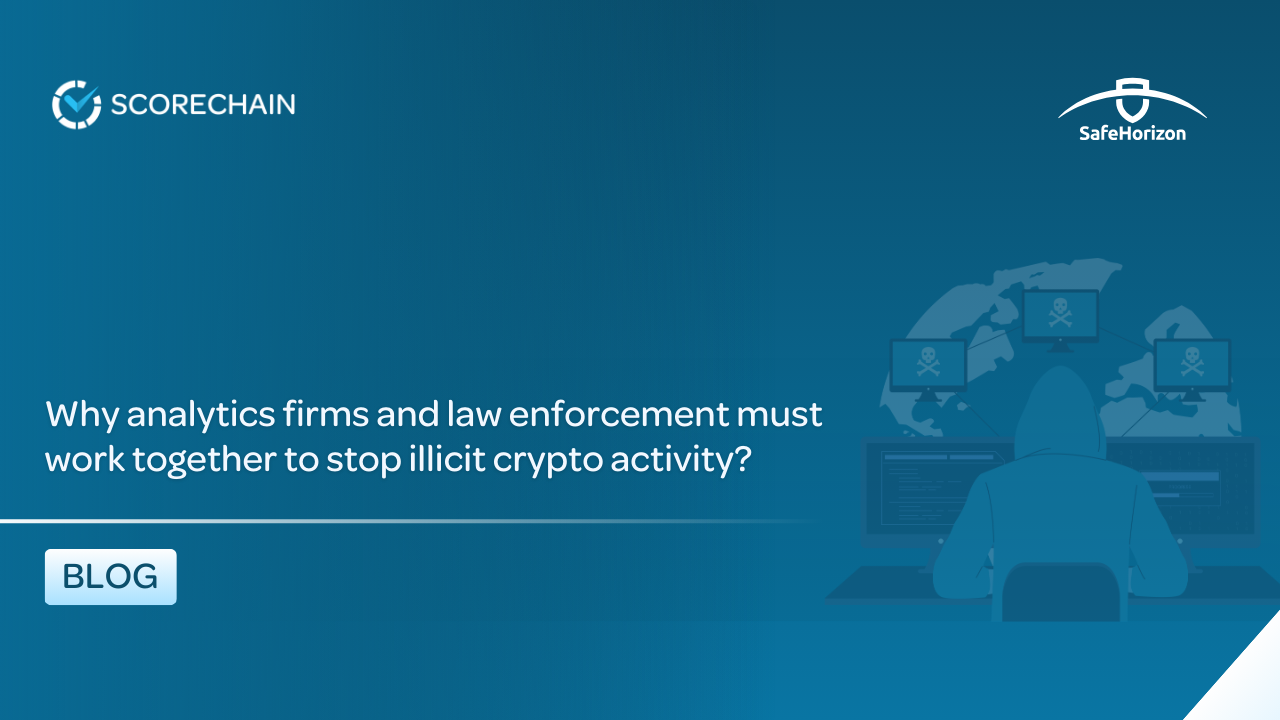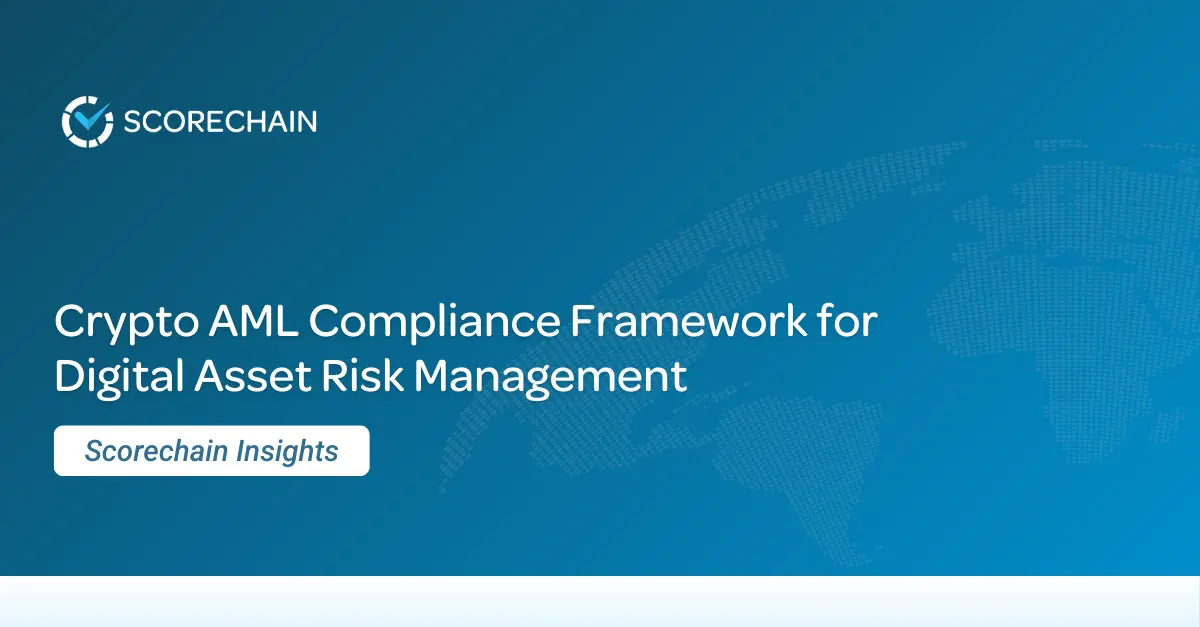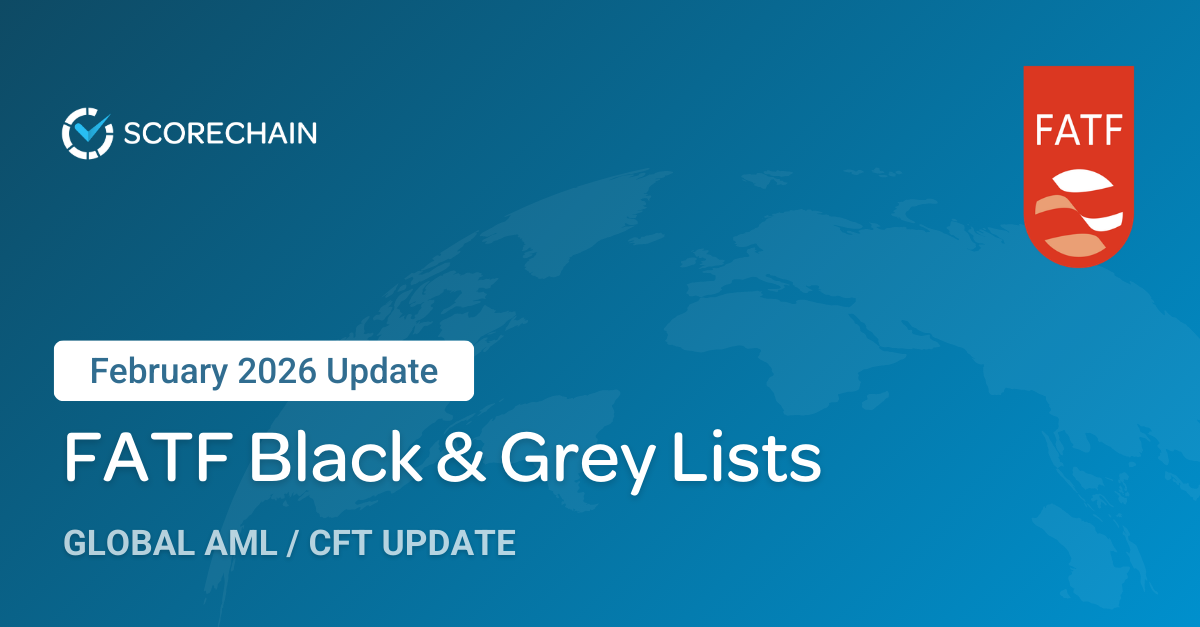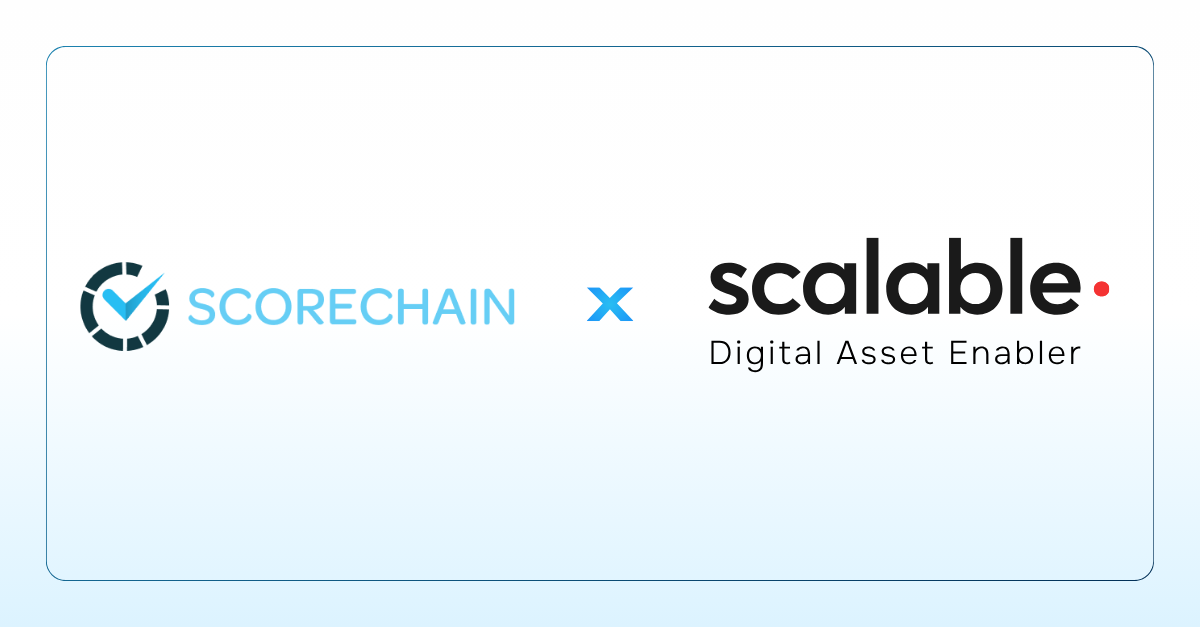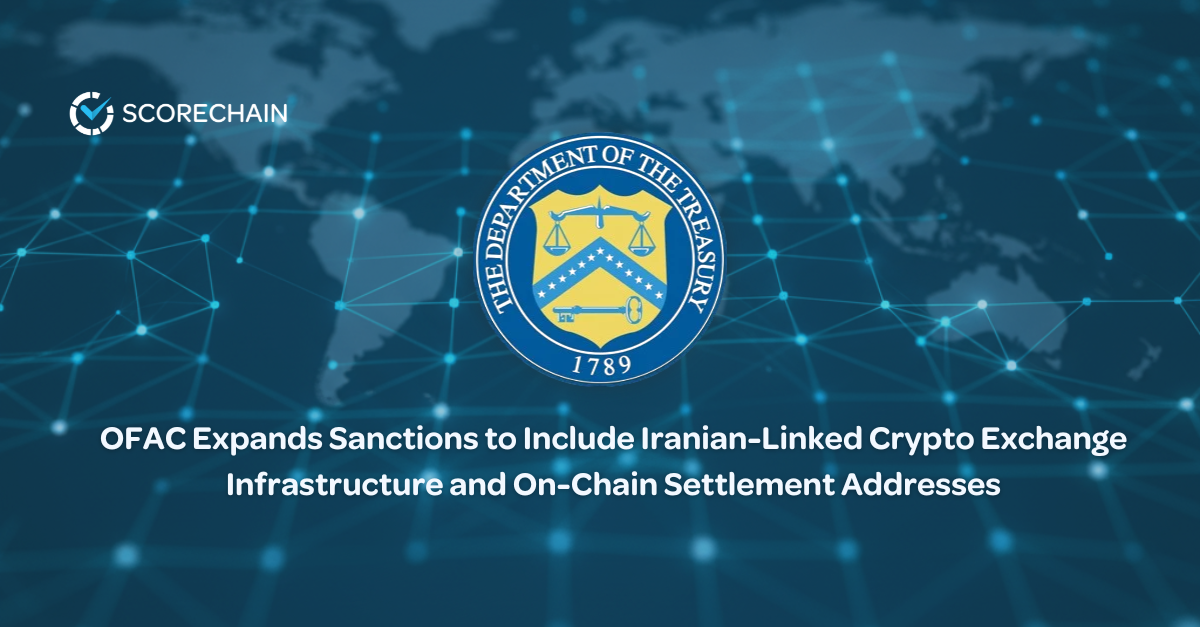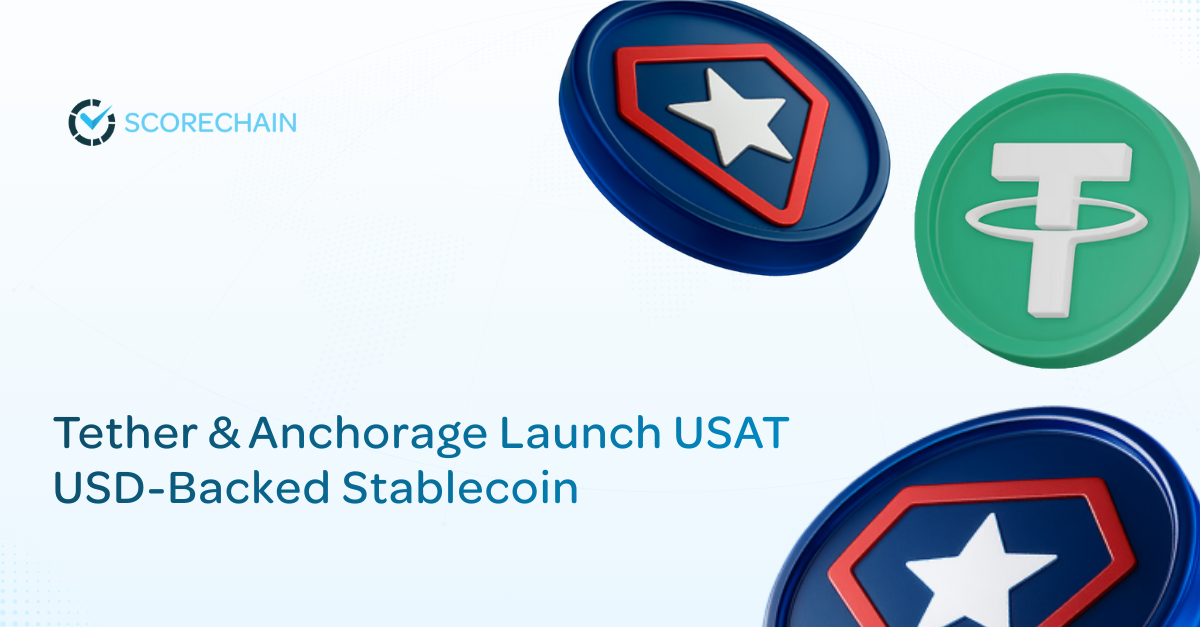Key takeaways:
- The new law regulates the issuance and trading of digital assets and digital asset service providers (DASPs).
- National Bank of Serbia (NBS) and the country’s Securities Commission (SEC) will play the supervisory role.
- DASPs are required to apply for a license with minimum capital requirements.
- The law will become applicable on June 29, 2021.
Scope of the law
The new law1 in Serbia defines two types of digital assets:
- Virtual currencies (VC): used as means of exchange, not as legal tender;
- Digital tokens: a digital form of property rights2
VCs fall under the supervision of the National Bank of Serbia (NBS) while digital tokens are supervised by the country’s Securities Commission (SEC). If a digital asset should have the nature of VC and digital tokens, both the NBS and SEC will be competent authorities3. The law also permits digital asset issuance, mining activities and over-the-counter (OTC) trading.
However, digital transactions accepted “as a form of loyalty or reward without possibilities of its transfer or sale”, mining and electronic money are excluded from the scope of the law.
Besides, under the law, financial institutions supervised by NBS are restricted from “investing in digital assets, providing services related to digital assets, as well as from taking digital assets as security” but can provide cryptographic key safekeeping services.
Issuance of digital assets
The law states that digital assets can be issued with or without white papers. It is also possible to publish an unapproved white paper if it is clearly stated in the document.
Advertising the issuance of digital assets is possible with a white-paper approved by the competent authorities. However, advertising the issuance of a digital asset without an approved white paper is possible only in one of the following cases:
- It is offered to less than 20 people;
- The total amount of issued tokens is less than 20;
- Investors invest at least EUR 50,000.00 each; or
- The total value issued by a single issuer in a year does not exceed EUR 100,000.00
Licensing requirements
Digital asset service providers (DASPs) must obtain a license to operate. To apply for a license, they have to provide:
- A list of services the company plans to provide;
- Company bylaws;
- An activities program
- An internal control plan;
- A description of AML/CFT measures;
- A description of the organization;
- Information on qualified owners;
- Information on related persons;
- Proof of necessary capital amount;
- An authority’s fee proof of payments
Besides, the minimum capital required to apply for a license is:
- EUR 20,000 for digital property service providers;
- EUR 50,000 for digital assets retailers and portfolio management companies;
- EUR 125,000 for trading platforms
The license will be granted by one of the competent authorities either the NBS or the SEC.
AML/CFT requirements
DASPs have to comply with the relevant AML/CFT regulations. All data concerning digital asset transactions and required by AML/CFT rules must be kept for at least 10 years and be made available to competent authorities when necessary.
The law which came into force on Dec 29, 2020 will be applied 6 months later. Concerned DASPs have until June 29, 2021 to comply with the relevant requirements.
Serbia is another example of worldwide governments regulating virtual assets. It is thus fundamental for virtual asset service providers to comply with the new regulations. Scorechain can help you in your compliance journey. Contact us for a free demo: contact@scorechain.com
About Scorechain
Scorechain is a Risk-AML software provider for cryptocurrencies and digital assets. As a European leader in crypto compliance since 2015, the Luxembourgish company serves worldwide customers in 33 different countries with more than 150 licenses established, ranging from cryptocurrency businesses to financial institutions with crypto trading, custody branch, digital assets customers onboarding, audit and law firms and some LEAs.
Scorechain solution supports Bitcoin analytics with Lightning Network, Ethereum analytics with all ERC20 tokens and stablecoins, Litecoin, Bitcoin Cash, Dash, XRP Ledger and Tezos. The software is able to de-anonymize the Blockchain data and connect with sanction lists in order to provide a risk scoring on digital assets transactions, addresses and entities. The risk assessment methodology applied by Scorechain has been verified and can be fully customizable to fit all jurisdictions. 300+ risk-AML scenarios are provided to its customers with a wide range of risk indicators so businesses under the scope of the crypto regulation can report suspicious activity to authorities with enhanced due diligence.
References:
- http://www.sec.gov.rs/index.php/sr/component/edocman/7321-закон-о-дигиталној-имовини/viewdocument?Itemid=
- http://www.sec.gov.rs/index.php/en/news/actual/687-the-law-on-digital-assets%20
- Overview of key provisions of the Law on Digital Assets available here: http://www.sec.gov.rs/index.php/en/news/actual/687-the-law-on-digital-assets%20
.png)

